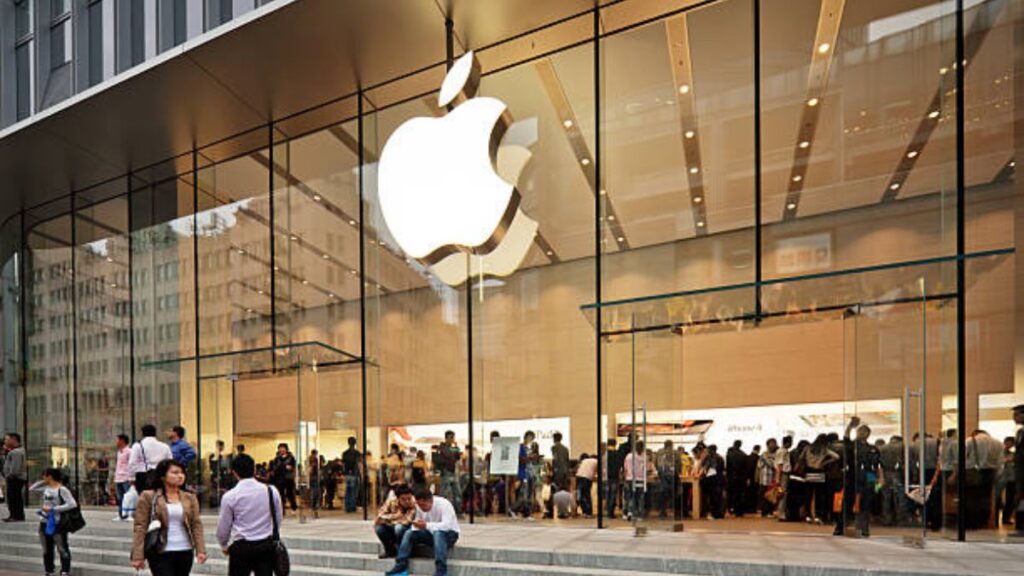The study looked at the communication practices of 61,000 Microsoft employees while the company was operating remotely during the onset of the COVID-19 epidemic.
People working at home in the epidemic have spoken less with colleagues outside their team and are taking longer to engage in new appointments, compared to the time they worked in the office before COVID-19, the study said.
The study, published in the Journal of Nature Human Behavior, analyzed employee communication practices between December 2019 and June 2020, before and after the company fully departed on March 5, 2020.
Researchers say this is the first time they have learned about the impact of broad shifts in order to work remotely. Prior to the change, 18% of Microsoft employees worked remotely.
Investigators, from Microsoft and the University of California Berkeley Haas Business School, collected data from instant messaging services, emails, phone calls, and meetings, as well as monitoring working hours. They also compiled weekly summaries of how much time employees spend in meetings. Information unknown.
The results showed that employees had very little contact outside of their groups or colleagues with whom they had a weak relationship. The report described the tie as strong “while they were in the top 50% of employees about hours spent communicating,” and they were weak in some way.
Employees also spend an average time of 25% working in groups, taking longer to engage new or unfamiliar colleagues, and spending less time finding new sources of information from colleagues, the researchers found.
Microsoft employees shows that remote activity is not good for communication between different groups
People, however, spend a lot of time communicating, so they form strong relationships with members of their group.
David Holtz, an assistant professor of corporate governance at the Berkeley Haas business school, told University media that the results could have a “significant impact” on firms planning their future career plans.
He said they needed to be aware of how any policy could affect the way in which parties and individual partners communicate.
Some CEOs have argued that working from home is bad for company culture and employee relationships.
Goldman Sachs chief executive David Soloman, JP Morgan’s Jamie Dimon, and UK exchequer chancellor Rishi Sunak were among the top people questioning the impact of remote work on company policy, team collaboration, and employee well-being.
They are very concerned about the impact of remote work on new beginners and new graduates.



